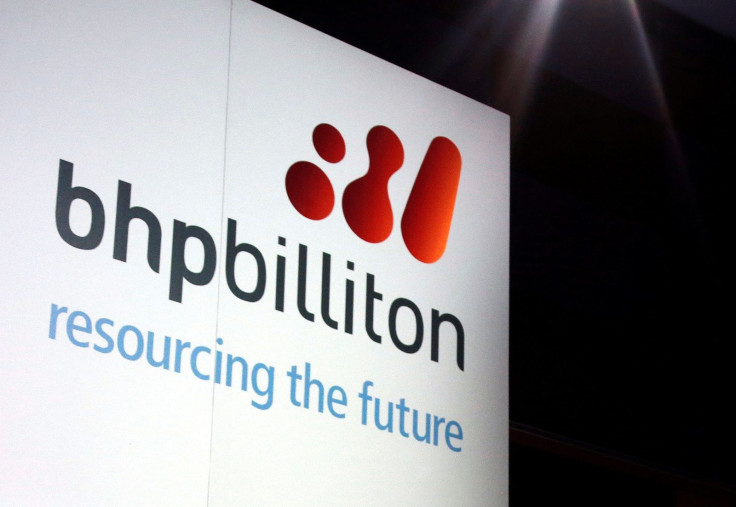BHP Billiton presses for 'urgent' need of power supply change in South Australia

Mining giant BHP Billiton has called for an “urgent” need to address a change in the power supply. As part of this, the company said large power generators should be “incentivised” to provide adequate baseload electricity in a short term.
The profits gathered from the Olympic Dam mine for the year to date have been nullified as a result of the statewide blackout in South Australia last year, along with increasing power prices. BHP Billiton further said the power crisis is also threatening future investment and expansion.
The bid for introducing a change to the power supply came in a submission to the Finkel Review into the Future Security of the National Electricity Market. BHP Billiton, Australia’s largest mining company, said stabilisation of the market in South Australia in an attempt to manage the high levels of intermittent generation should be the “first priority.”
“We believe this can be most effectively achieved in the short-to-medium term by incentivising one or more generators to provide baseload generation when required, at least until longer term solutions are in place,’’ the submission, which comes in the wake of the massive blackout of Sept. 28 last year, states.
BHP Billiton’s power bill at the Olympic Dam copper and uranium mine in South Australia is predicted to increase by $US30 million (AU$39 million) this year. This is largely due to escalating gas prices and the cost of contracts. “It is the combination of underlying gas price increases and the overall mix of generation capacity in South Australia and the intermittency that comes with that,” Mike Henry, BHP Billiton’s head of Australian mining, said, speaking with the Australian. The company had lost $105 million at Olympic Dam in last year’s blackout.
According to BHP Billiton asset president Olympic Dam Jacqui McGill, the mining giant had put efforts to curtail costs at the copper, gold and uranium mine in the state’s Far North. However, the power crisis of eight months had made it tough to compete. “Uncertainty and volatility are the enemies of investment,” McGill said, adding that it affects the company’s sustainability. “Not just for the 3000 employees, but there’s 37,000 South Australian shareholders who are looking for the returns on that investment in BHP Billiton for their future,” she said.
Between 2015 and 2016, the mining giant saw an increase of 42 percent in its electricity costs in the eastern states. The costs are forecast to escalate to 78 percent this year.
Power prices in South Australia have averaged more than 50 percent higher than in Victoria over the last year. The state’s renewable energy target is 50 percent by 2025.




















